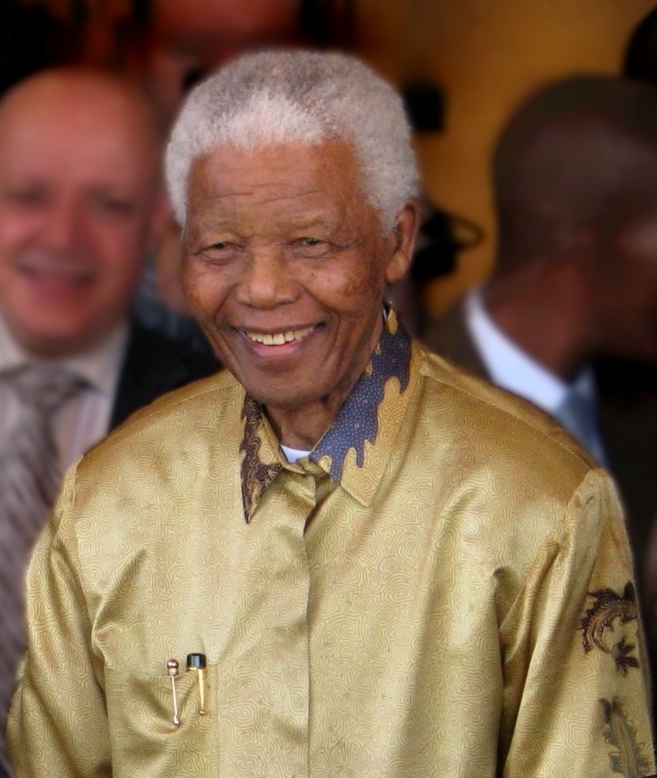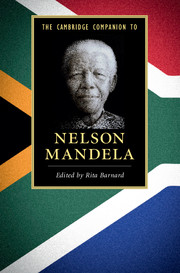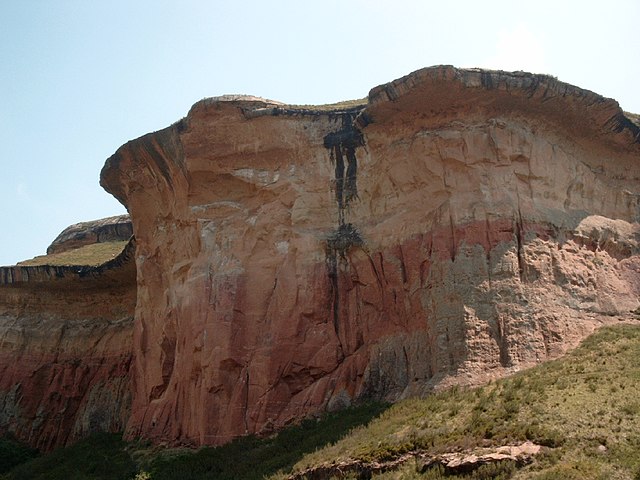In July 2014, Chulalongkorn University launched a lecture series in honor of Nelson Mandela (1918–2013), the South African anti-apartheid revolutionary who won the 1993 Nobel Peace Prize and served as President of South Africa from 1994 to 1999.

2014 was also the 20th year since the end of apartheid – South Africa’s former system of racial segregation – and the Thammasat University Libraries made a timely acquisition of The Cambridge Companion to Nelson Mandela.
The book contains a dozen essays, mostly by South Africans, examining the profound effect Mandela had on his native country. Working as a lawyer and political organizer, he was repeatedly arrested for militant anti-apartheid activities. In 1962, he was arrested and sentenced to life imprisonment. He served 27 years in jail before being freed in 1990. At that point he negotiated with South Africa’s President F. W. de Klerk to stop apartheid. In 1994 Mandela was elected South Africa’s president. After his retirement, Mandela worked to fight poverty and HIV/AIDS in South Africa. Even in old age he was often visited by celebrity admirers, including Bill and Hilary Clinton, Princess Diana, Naomi Campbell, and the Spice Girls.
Controversies
Although Mandela was much criticized during his lifetime, especially for being inspired by Marxist beliefs, he was also widely respected. This year the famous pop singer Madonna offended many people by posting on her Facebook page a photo of Mandela with the image of black string drawn over his face, like her own face on the cover of her latest album Rebel Heart.
One fan informed Madonna that Mandela “fought for freedom, not to promote your album! Shame on you! You’re old enough to know better!”

The TU Libraries own a number of other well-documented books about various aspects of Mandela’s life, as well as a book written by him. The Cambridge Companion to Nelson Mandela is edited by Rita Barnard, Professor of English and Comparative Literature at the University of Pennsylvania and Professor Extraordinaire at Stellenbosch University, South Africa. Containing insights into history, anthropology, law, film, and literature, the book analyses how Mandela became an icon and what his legacy will be. One essay discusses how Mandela spent his long years in prison keeping physically fit – he had been a boxer in his youth – as if consciously training for a later political career. He also trained his mind by constant reading and thinking, despite the hardships of prison life.
Star quality.
The new book also discusses Mandela’s charisma, or “star quality” which inspired many filmmakers to dramatize his story, with Hollywood’s leading men eager to portray him. These included a number of films, none of which appear to be in the collection of the TU Libraries: Mandela: Long Walk to Freedom (2013) with Idris Elba; Invictus (2009) starring Morgan Freeman; Mandela and de Klerk (1997) with Sidney Poitier; Goodbye Bafana (2007) starring Dennis Haysbert; and Mandela (1987) with Danny Glover, among others.
Problems remaining.
Although South Africa remains in many ways a tragic country, harmed by violent crime and corruption, most people agree things would have been worse without Mandela’s reassuring presence. In an online interview, Barnard explained that Cambridge University Press recently launched a new series of books about global icons such as Mahatma Gandhi, Thomas Jefferson and even the singer Bob Dylan.
Mandela fit this category, not just because he looked and acted presidential, but as a serious legal thinker, he managed to persuade South Africans that he would be a reasonable leader for all the people. Any politician or statesman may be criticized, and the authors of The Cambridge Companion to Nelson Mandela are aware that some readers do not share their admiration for Mandela. Still, he was an undeniably powerful influence on his nation’s modern history. The Thai people had a chance to appreciate this during Mandela’s official visits to Thailand in 1997 and 2004.

In July 1997, Mandela spoke at a state dinner in Bangkok, telling his hosts:
“The name of your country, Prathet Thai, embodies the very essence of what has become our dearest possession; namely our freedom. You are the only country in this region which has never come under the yoke of colonialism. That is a history to be justifiably proud of.
[…] It was a great disappointment to me that I was unable to attend the celebrations of the 50th anniversary of the accession to the throne by your esteemed and beloved monarch, King Bhumibol Adulyadej. I did however observe the magnificent celebrations by your people. What struck me most were the sentiments of pride, dignity and gratitude, which only a free people can express so spontaneously. It is a rare honor and privilege for me to be able to meet His Majesty the King during my visit, to help forge even stronger relations among our peoples. Now that South Africans have joined the ranks of the free, relations between our countries can flourish. It gives me great pleasure to see the peoples of South Africa and Thailand crossing the gap of different cultures and geographical distance, to learn about and appreciate one another. Official relations between our countries are literally in their infancy. Yet, much has been achieved in a very short time. Thailand is today one of the most popular tourist destinations for South Africans, and I am glad to see that more and more Thai people are visiting our country as well. The rapid growth in bilateral trade measures how our two countries are growing closer in the economic context. I am confident that our partnership will grow from strength to strength.”

(all images courtesy of Wikimedia Commons).
